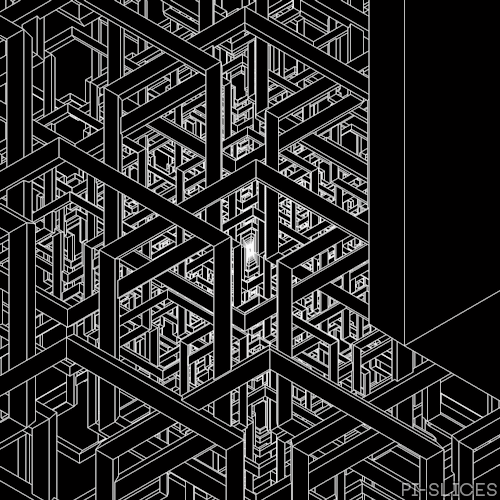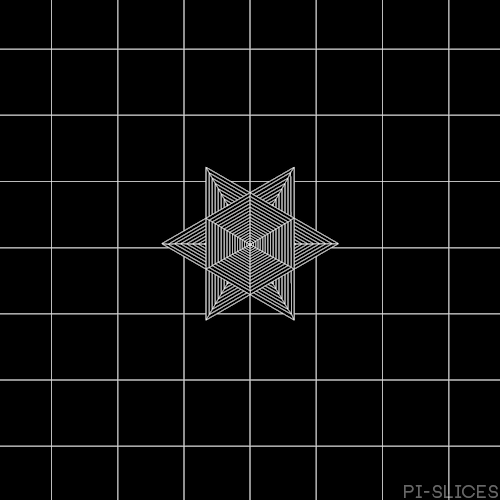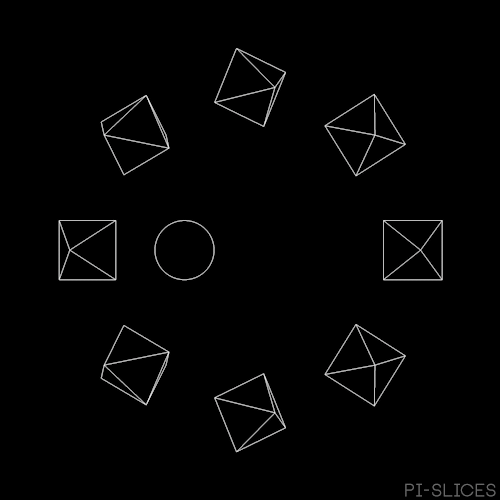Oh, there you are. Hope you’re sitting somewhere smugly in the sun. Go you. Feels like it’s never going to end. Great isn’t it. Lot’s happening, inc some running and what not. Anyhoo. Enough about me. How are you? Good? Hope so. Right. Let’s go.
"It is no measure of health to be well adjusted to a profoundly sick society."
culture // friction 😖
I don't use AI to write this. Probably should. Might actually improve it. But for me, it’s not the point. I write to think. To connect. To learn. For me, that effort, that friction is invaluable. But friction is dying. We made it unpopular. For starters, everyone's already cheating their way through college. Too much friction. Which, as Smithery wrote, is amassing widespread cognitive debt. Out running learning? WTAF? What happens when you actually need to think (and you don’t have your phone)? Carl Hendrick wrote about the end of deep reading (Ultra Processed Minds) and what it costs us. How struggling through a book at the start, can be deeply rewarding and meaningful, “the willingness to wait and trust that meaning would reveal itself, not all at once, but gradually, obliquely”. And how so little of what we read these days asks anything of us. Zero friction. It’s why daydreaming is dying. It feels like useless friction. Inefficient. And yet, it’s drenched in creativity and imagination. Kyla Scanlon wrote about how the digital world removes as much friction as possible and how the more time we spend immersed in digital worlds, the less friction we want in the real world. Meta introducing AI to their platforms to “augment” friends, is about moving from the attention economy, to the simulation economy. A world without friction. As Kyla writes "It's not just about keeping you glued to the screen anymore. It's about convincing you that any sort of real-world effort is unnecessary, that friction itself is obsolete.”. And "This is what a frictionless world looks like. Everything accelerates, until you forget what it means to try. Apps load faster. Papers write themselves. Job interviews are browser tricks”. Friction is inefficient. Sub optimal. And yet, I’d say your strongest memories are when friction was highest. Without it, we’re just hamsters on a hedonic wheel. Friction reminds us we’re human, and that sometimes the best things are the least efficient. And this is a great reminder of that.
brands // concierge 💁
Linked to above, Ed Cotton wrote briefly about Netflix’s new app design. As he writes "The redesign blends AI-powered personalization, real-time adaptation, and visual rebalancing into a modular system that can respond to user context — be it mood, time of day, or browsing intent”. I'd barely noticed when I went onto the app. But the shift is bigger than you think. Hoffman famously said that Netflix's real competition is sleep. And as Cotton wrote "The redesign is fundamental to the business because time-on-platform drives advertising revenue, retention, and perceived value”. This is a shift from catalog to concierge. To stop you thinking. And keep you on. By removing friction. From providing choices, to making them. Anticipating your needs and "concierging" your life. Brand butlers. And, if we’re honest, it comes as welcome relief for most. Just do it. All of it. Perhaps it’s why Airbnb is becoming an everything app. Providing more services, becoming more of a platform (or community), than a short term rentals app. Chesky hopes to build the ultimate agent, a super-concierge who starts off handling customer service and eventually knows you well enough to plan your travel and maybe the rest of your life. Is this the future of brands? Less passive. More utility. Yeah. Maybe it is. After all, the best brand strategy is better business strategy.
creativity // feynman 👨🏫
I love Richard Feynman (RIP). If you don't know him, he was a physicist and in some ways a philosopher. A simplifier. His teaching style focussed on simplification. And I love a bit of simplicity. Almost everything he said passed the granny test. His genius (and he certainly was one) lay in his ability to understand and present complex ideas in an incredibly intuitive and natural way. He spoke in everybody language, about the most complex and complicated things. Zero ego. It’s why he remains an inspiration to so many. Look at him explaining how trees mainly come from the air and not the ground. Although gnarly subject matter, he makes it relatable. As he said “you can recognize truth by its beauty and simplicity. When you get it right, it is obvious that it is right -- at least if you have any experience -- because usually what happens is that more comes out than goes in". He was creative, and his creativity helped unlock ideas and truths for people. He helped people see things differently. Partly by knowing what to leave out. And isn’t that the job of great creativity?
technology // synths 🤖
The future's here, just not evenly distributed and all that. We see a glimpse, the direction of travel. Then wait for it to mainstream. When voice interfaces arrived, we saw the future. We’ll be talking to speakers in our house. Sorting stuff. Buying stuff. But it wasn’t that simple. Finally though, AI agents are ready to do that and Mastercard (and Visa) is now enabling agentic payment tech. It won’t be immediate. There’ll be glitches. But soon if you’re a 30 year old girl planning your birthday party, you can chat with an AI agent to curate outfits and accessories from local boutiques based on your style, the venue’s ambience, weather forecasts and your preferences. and an AI agent can make the purchase. They take over. AI overviews have already increased the zero-click search share from 72% to 76%, meaning more queries never return to the broader web. The take over has begun. It’s only going one way. And as we teeter on the brink of global in population decline, as Kevin Kelly points out, (breeding’s inconvenient), we’re about to handoff to bots and a synthetic economy. They’ll keep doing the things we need to maintain our standards of living. Side note; Perplexity and OpenAI are also both introducing advertising (this synth world will have ads too). Typical 🙄.
Five random (ish) things:
The state of Martech 2025 👾.
Basic is punk 🤘.
Gen Z want to go back to the office 🏢.
21 observations from people watching 👀.
watching // Einaudi 🎹
20 mins of loveliness. Music. It heals most / all / some wounds. Anyway. Enjoy.








